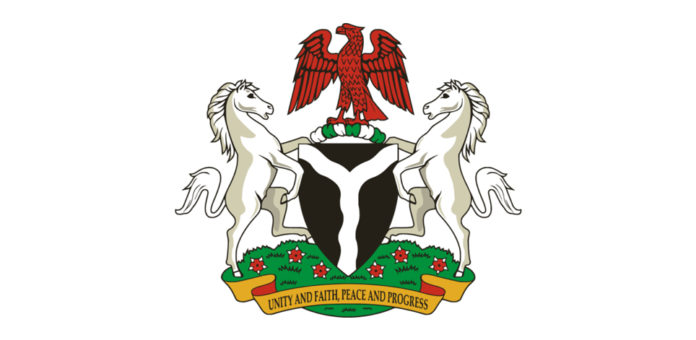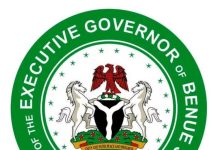FIC Report (Edo State) – Edo State Government, under the Leadership of Governor Monday Okpebholo, has demonstrated exemplary fiscal discipline by reducing the state’s domestic debt by an impressive N30.6 billion within just three months. This achievement has positioned Edo as a national model for prudent financial management.
At a policy retreat held in Benin City on July 8th, 2025, the Debt Management Office (DMO) publicly disclosed this through recent data released. According to the figures, Edo’s domestic debt decreased from N113 billion in the fourth quarter of 2024 to N82.4 billion in the first quarter of 2025—marking the largest quarter-on-quarter debt decline among Nigerian states during this period.
While many other States, despite increased revenue from the Federation Account Allocation Committee (FAAC), have accumulated a combined N417.7 billion in new domestic debt, Edo’s approach emphasizes restraint, accountability, and sustainable planning. This divergence underscores the administration’s commitment to responsible fiscal policies.
Governor Okpebholo reaffirmed his administration’s dedication to long-term economic stability. “We are committed to expanding Edo’s economy without jeopardizing its future,” he stated. “Borrowing should be strategic, deliberate, and productive—not a default response to financial needs. Our focus is on building, not burdening.”
He highlighted that since taking office, his government has prioritized reforming the state’s revenue system by empowering the Edo Internal Revenue Service (EIRS) with digital tools, strengthening compliance measures, and engaging citizens more effectively. These initiatives have not only increased internally generated revenue (IGR) but also restored public confidence in the state’s financial management.
“Edo’s budgeting approach now emphasizes value-for-money principles, prioritizing capital projects and outcome-driven spending. From rural electrification and road construction to education, healthcare, and digital infrastructure, resources are strategically allocated to generate tangible benefits,” Okpebholo explained.
Financial experts have lauded Edo’s fiscal discipline, describing it as both commendable and rare in Nigeria’s challenging economic environment. Economist Dr. Nathaniel Igbinedion remarked, “Governor Okpebholo is setting a new standard in subnational governance. His administration proves that responsible management is possible without reckless borrowing or political showmanship.”
The Administration has also concentrated on Debt Management Strategies such as renegotiation and reallocation, which have further alleviated the state’s fiscal pressures. This focus has improved the debt service-to-revenue ratio, allowing Edo to prioritize development initiatives over financial crises.
Despite facing inflationary trends, subsidy removals, and exchange rate fluctuations, the government has refused to let these national issues justify financial laxity. Instead, it has leveraged challenges as opportunities for innovation and strategic reform.
Residents across Edo have observed the positive changes. Mrs. Veronica Ebosele, a retired teacher from Irrua, commented, “This is the most responsible government we’ve seen in years. We see real projects, and the state isn’t drowning in debt. It gives us hope for the future.”
Governor Okpebholo’s efforts to foster public-private partnerships, streamline the business environment, and attract investment have further solidified Edo’s reputation as one of Nigeria’s most progressive subnational economies.
Signed
Egwaoje Amarachi Linda
ACI&PRO
FIC, Benin
July 9th, 2025






